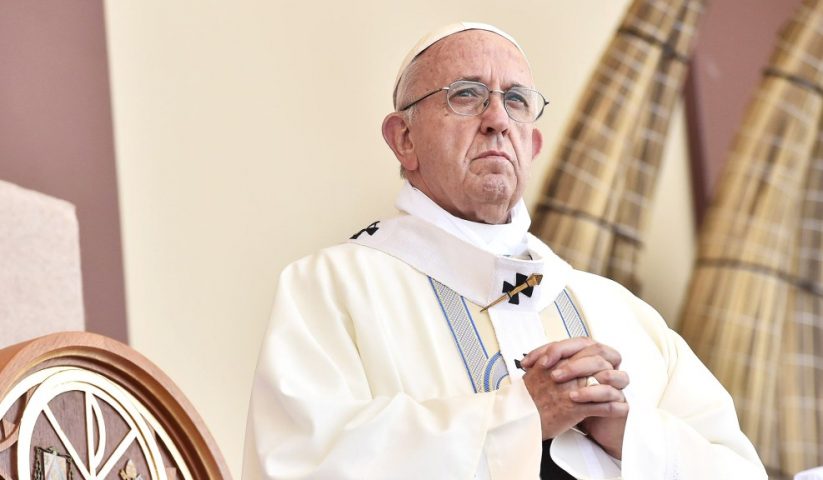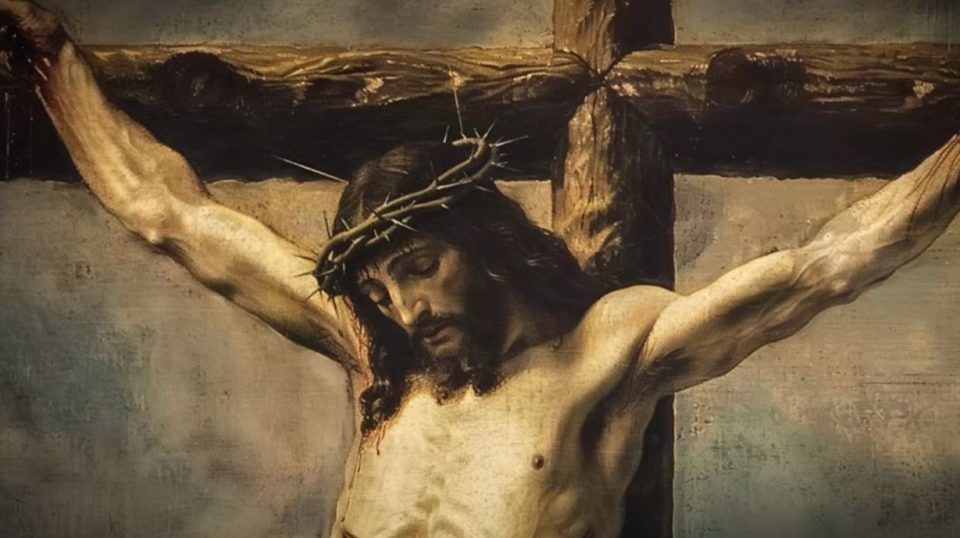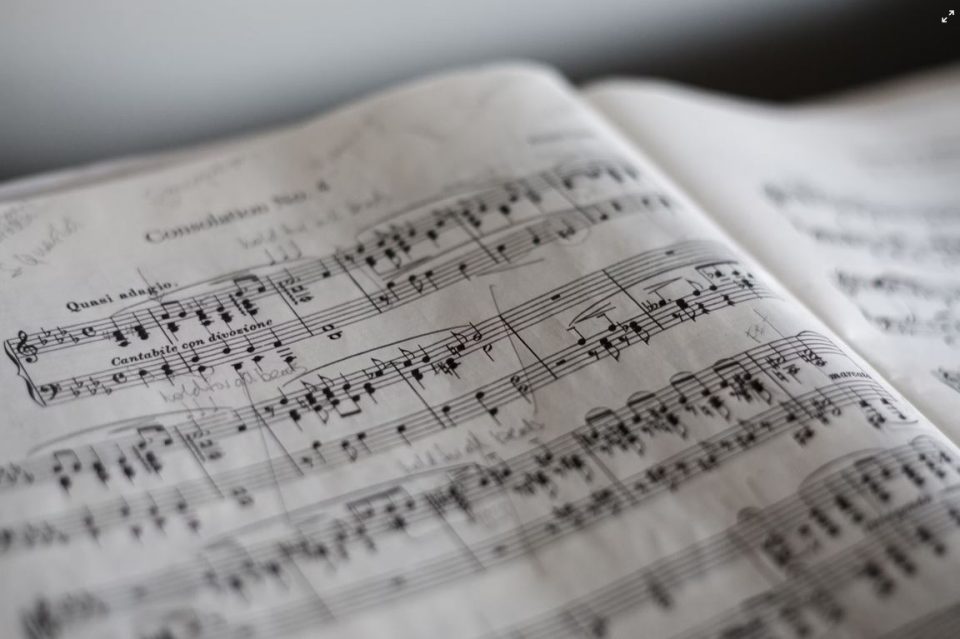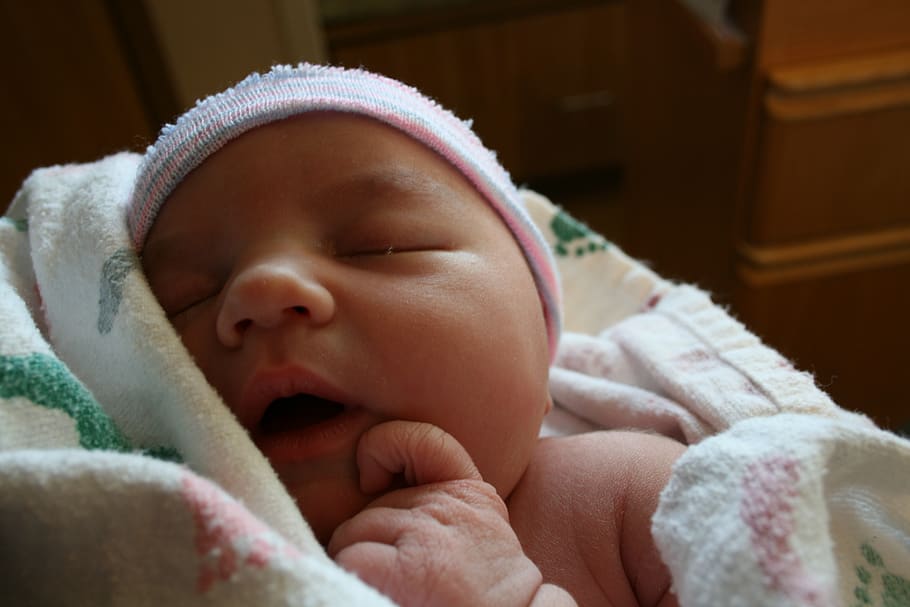The long-term consequences of the new provisional agreement
Attempts to defend the recent provisional agreement between the Vatican and the People’s Republic of China, which was signed on September 22, have rung increasingly hollow over the past few days.
That pattern began before the ink was dry in Beijing, as Pope Francis’s secretary of state, Pietro Parolin, issued a statement claiming that now “for the first time all the bishops in China are in communion with the Bishop of Rome, with the Successor of Peter.” Really? Weren’t “all the bishops in China” in full communion with the pope before the Chinese Communists set up their front church, the Patriotic Catholic Association? Parolin also tried to justify the provisional agreement on the grounds that Pope Francis, like his immediate predecessors, “looks with particular care to the Chinese people” — a claim that, translated from Vaticanese, suggests that John Paul II and Benedict XVI would have made the same deal Francis and Parolin reportedly did. But that deal was available to John Paul II and Benedict XVI and they didn’t make it, because they knew that giving first rights of nomination over Chinese bishops to the Chinese state or the Chinese Communist Party was both a violation of the Church’s own canon law and a prescription for a puppet episcopate.
Then there was Andrea Riccardi, one of the founders of the Community of Sant’Egidio, a Catholic renewal movement firmly lodged in the progressivist camp. “Today,” Riccardi wrote, “the pope’s representative enters Peking [sic] through the front door. No more secret negotiations, but an official agreement that recognizes the dignity of the Holy See and Chinese Catholicism.”
How utterly, totally Italianate: Bella figura trumps again, and “dignity” is imagined to be a substitute for courage and fidelity to the truth. And of course Riccardi was spouting nonsense about “no more secret negotiations,” for the text of the provisional agreement is itself secret, and the charade by which the Chinese Communist Party will nominate bishops for a Vatican thumbs-up or thumb-down will be as transparent as mud. What has happened, one wonders, to the commitment to lift up the witness of the “new martyrs” of the 20th and 21st centuries, which the Sant’Egidio Community honors at the Church of San Bartolomeo all’Isola in Rome? Will those martyred in China while Vatican diplomats were caving in to to Chinese Communist demands be remembered at that shrine?
There were a few adults left standing in the wake of the provisional agreement. The Ministry of Foreign Affairs of the Republic of China (Taiwan) issued a measured but pointed statement, expressing the wish that “this accord will enhance religious freedom in China and allow the Chinese Catholic Church to become an integral part of the universal Church.” Then the Taiwanese noted what Cardinal Parolin, in full Neville Chamberlain mode, could not bring himself to say last week when the agreement was signed: “The world watches China increasingly tightening control over religious practices.” Then came an expression of hope, perhaps forlorn, but in any event necessary: “Taiwan trusts that the Holy See has made appropriate arrangements to ensure that Catholic adherents in China will receive due protection and not be subject to repression. Taiwan hopes that once the agreement is implemented, members of the Catholic community in China will enjoy true religious autonomy.”
The redoubtable Cardinal Joseph Zen, bishop emeritus of Hong Kong, made every conceivable effort to put some sense into Vatican diplomacy in the matter of deal-making with the PRC over the past decade. But having failed in that mission, the cardinal, in a new book, For Love of My People I Will Not Be Silent, underscored , once again, the crucial point that the Vatican diplomats could never grasp: that this should have been about evangelization, not politics.
Throughout the negotiating process, those diplomats and the mouthpieces of the current pontificate kept insisting that the Holy See had to have a place at the table in Beijing, for China was the rising global hegemon. (How, precisely, kowtowing to the hegemon was supposed to win his respect, and therefore his ear, and perhaps even his cooperation, was never specified.) Cardinal Zen knew better, however. As he argues in his book, the Vatican was jeopardizing Catholicism’s future in China by making this deal. The Chinese Communist regime is not eternal, Zen wrote; and if today “you line up behind the regime, tomorrow our Church will not be welcome in the reconstruction of a new China.”
And this, of course, has been all along the crucial reason not to play Let’s Make a Deal with the regime of Xi Jinping. It is not atavistic Cold Warriorism — another charge that Vatican apologists fling at critics of the provisional agreement — to see in the present deal an obstacle to the evangelization of China in the future. An immense moral capital is being built up in China by those religious communities that refuse to bend to Communist repression. By contrast, religious communities identified with the regime will bear the stigma of that regime when it collapses, as Communist regimes inevitably do. Xi Jinping’s increasing repression, which is not limited to religious persecution, does not bespeak a regime confident of its stability; neither does his reversion to Maoist one-man lifetime rule. China has immense social problems, bad demographics, increasing corruption, and an educated population restive about income distribution and Big Brother social control (not least of cyberspace). Add up those factors and it seems more than likely that Cardinal Zen is right: Chinese Communism is mortal.
And when the regime disappears, then what? Then, I suggest, China will be the greatest field of Christian mission since the Europeans came to the Western Hemisphere in the 16th century. Unlike India, where a thick, culturally transmitted religious system makes Christian evangelization difficult, China will be open mission territory. For Mao’s Cultural Revolution essentially destroyed traditional Chinese religion, and a post-Communist society looking for meaning as well as for equitably distributed material prosperity will be fertile ground for the offer of the gospel.
And who will make that offer plausibly? Those who have suffered for the sake of Christ and the truth, such as the Protestant house churches that are rapidly growing in the PRC? Or those who have made deals with the old persecutors? The questions, asked, seem to answer themselves.
Pope Francis and his Italian curial diplomats may think that they are setting in motion a process that will give Catholicism a voice in China. It is just as possible, however, and indeed it is far more likely, that they have made a deal that will give a massive evangelical advantage to Protestantism in the China of the future.
___________________________







